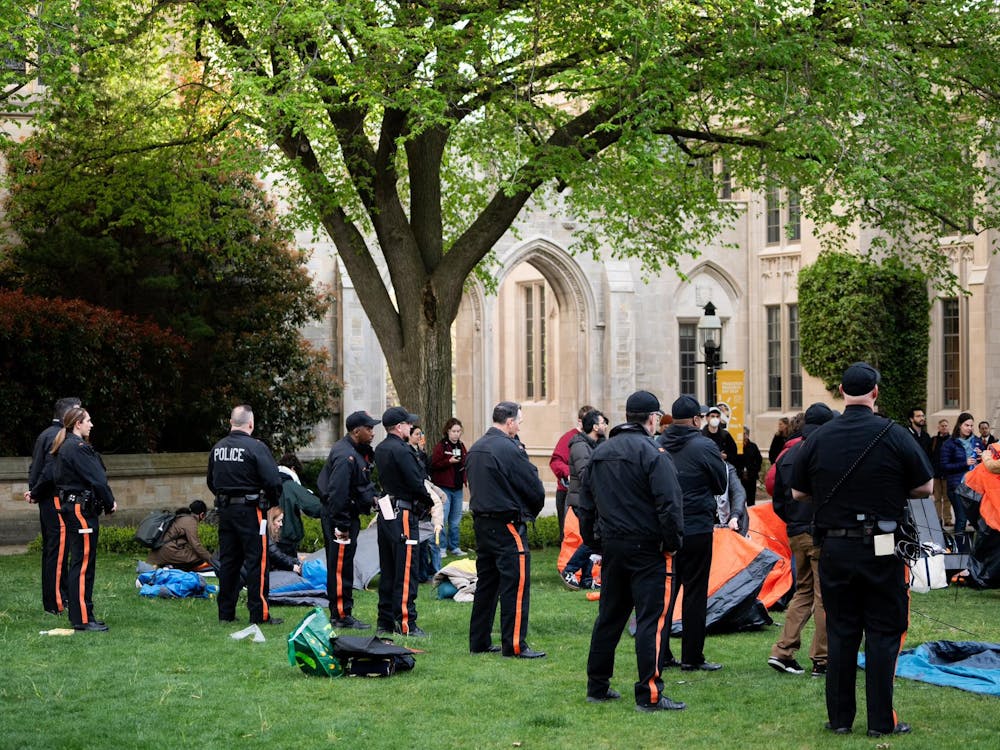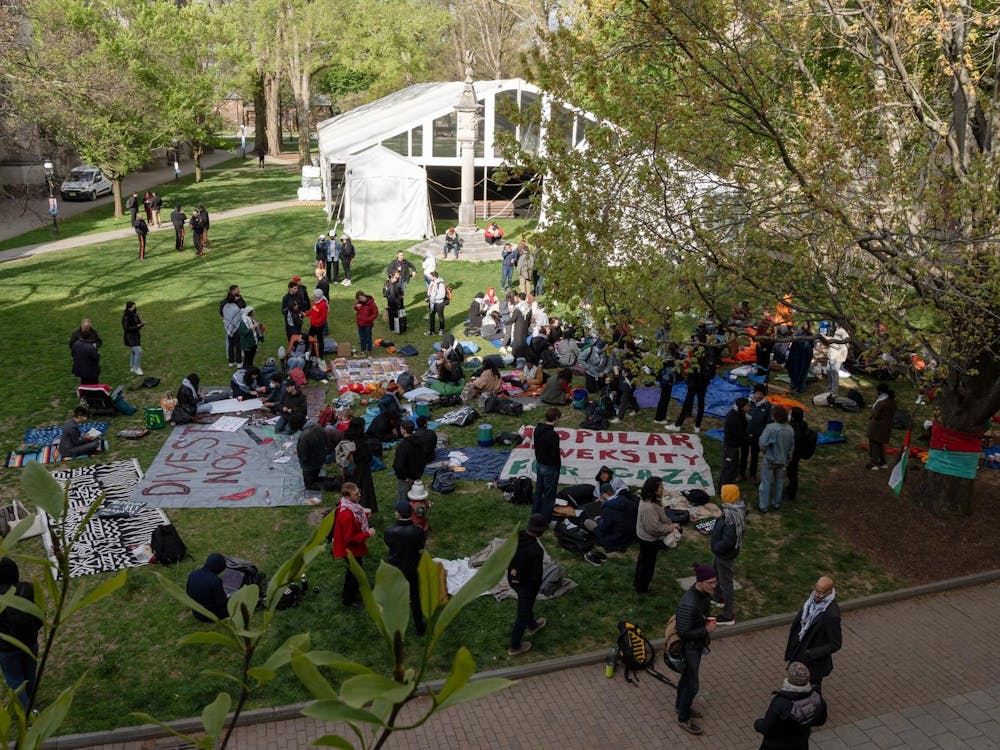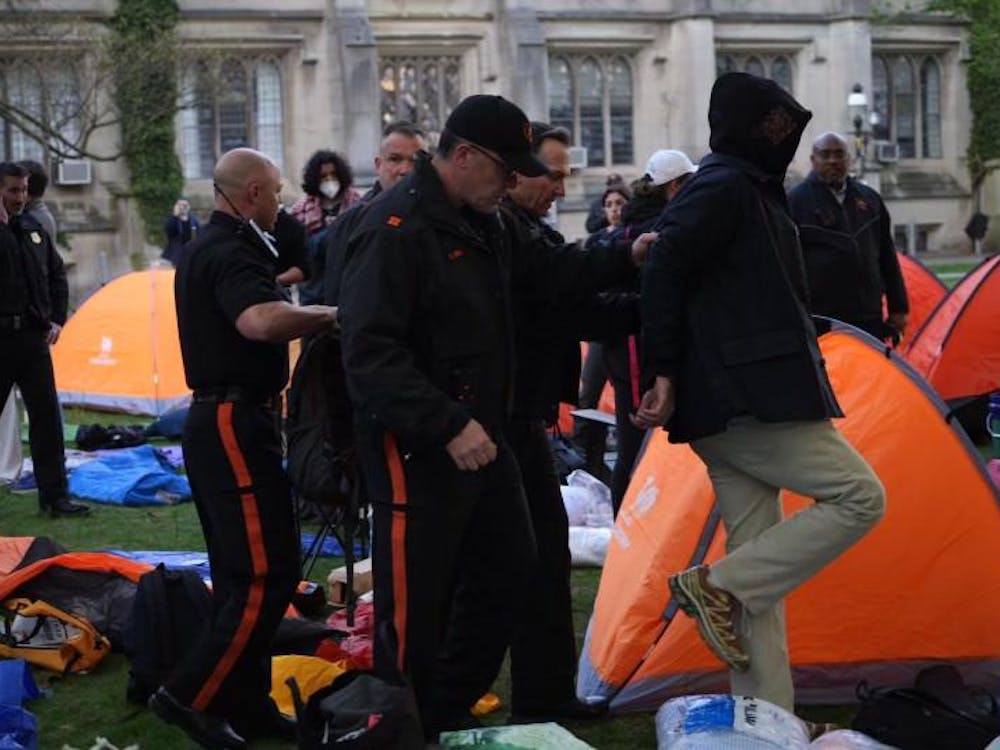There you are. It’s Christmas morning and you’re surrounded by all of your loving family and friends. You’re ready to open presents and nothing can ruin this moment — or so you think. It’s a feeling that a lot of Princeton students inevitably face during breaks. You feel uneasy and you don’t know why. You feel like you should be doing something and then you remember: You should be studying for finals.
“Eighty-one percent of undergraduates said that scheduling finals in January made them feel stressed over winter break, and 79 percent said it made them spend less time with family and friends over the break.” This guilt and pressure that you should be studying for your classes is something that can make winter break for students not feel like a break at all. It can cause emotional and mental distress to students who already find themselves in overwhelmingly stressful situations during the duration of the school year. The detrimental consequences of this structure can be seen if you go to Counseling and Psychological Services on campus, where more often than not the waiting room during this time is full of anxious students.
Changing the academic calendar would reduce students’ stress. Moving finals to a time before winter break would be beneficial not only to the students, but also to their families who are now forced to compete for a student’s time. While I am certainly not the first one at this university to complain about the way our academic calendar is set up, the ubiquity of these discussions emphasizes the weight of this situation. There is merit in focusing on repeatedly bringing the negative aspects of the system, until true action for improvement takes place.
Last November, the General Education Task Force commented on a possible calendar reform, in which classes would begin in the last week of August and final exams would take place in December before winter break. With this, a three-week January term called “J Term” would be introduced, during which students would be free to choose what they want to do with their time. During J-Term, students can explore opportunities on-campus, off-campus, or even abroad. While this seems ideal, it comes with one caveat — the University would mandate participation in at least one J-Term for all undergraduate students.
This caveat is one which creates more problems within a system that already bears many problems on its own. Although nothing mandates that students do anything over the summer, there’s no denying that students are already faced with the pressure to find something substantial to do over the summer. This takes more time away from their family and other loved ones. Adding a J-Term would shorten the winter break that students need to recuperate from the stresses school year.
Whenever I ask others about why the academic calendar is set up this way, people usually just say, “That’s just the way it is.” From the Pre-rade and the Step Sing at the beginning of freshman year, to the days-long graduation ceremony and Reunions at the end, Princeton would not be what it is without traditions. And while it may add to the spirit and pep of the community, tradition is not a good enough reason to keep finals after break — especially when a majority of students oppose this tradition.
Of course, there’s great value in holding your education in high regard. Putting effort into your school work is necessary in all academic institutions, but school shouldn’t be the only thing ruling your life. Although the University is well-known for its academic rigor and its hardworking students, it’s important to remember that we are more than just students. We are sons and daughters and sisters and brothers and friends. Changing the academic calendar would not only be conducive to the overall increase in academic productivity, it would also create an environment that is supportive of all students' emotional well-being.
Lourdes Santiago ’21 is a first-year from Gilbert, Ariz. She can be reached at lourdess@princeton.edu.








